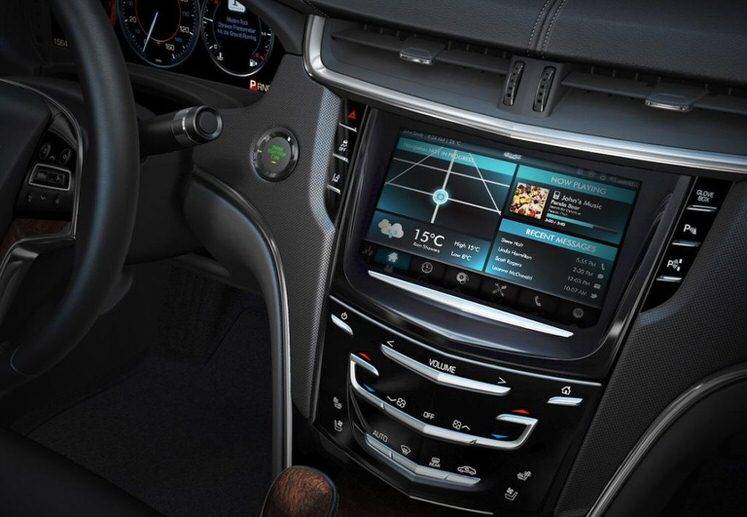In an effort to secure a future for the company, BlackBerry announced on Monday that it will open an autonomous driving research center in Canada.
The QNX team, responsible for infotainment and telematics systems, will run the autonomous center from its Ottawa facility. In the announcement, it said it will embed software into sensors, cameras, and other self-driving car components.
See Also: Apple self-driving effort shifts from hardware to software
“What QNX is doing is providing the infrastructure that allows [customers] to build higher-level algorithms and to also acquire data from the sensors in a reliable manner,” said Sebastian Fischmeister, an associate professor and employee at QNX, to Reuters.
BlackBerry does not want to work on artificial intelligence and other highly complex problems in the self-driving industry, at least not yet. Instead, it will work as a “sidekick”, according to Reuters, to automakers and tech firms.
QNX already popular in connected cars
QNX is already a popular operating system in the automotive world, so bringing its services to the self-driving market is not a massive change in operations. BlackBerry recently partnered with Ford to become its primary software supplier for future cars.
That said, it does show that BlackBerry is willing to invest its capital into software and services, rather than hardware, where it has been lowering operational budgets and cutting staff.
BlackBerry does suffer from a lack of capital and lacks a cash cow, like Intel’s processors or Google’s search engine, so it may not be able to spend billions on research and development. It may also be forced to sell its self-driving software and services at a cost, or at least with a license fee, instead of bundling them for free with hardware.


















